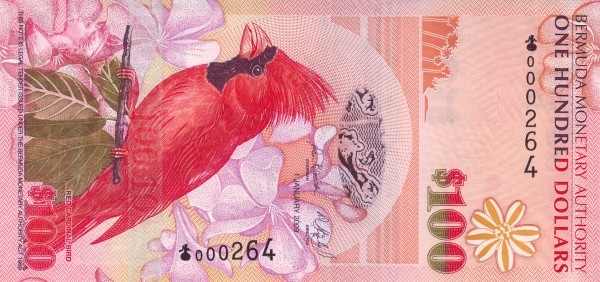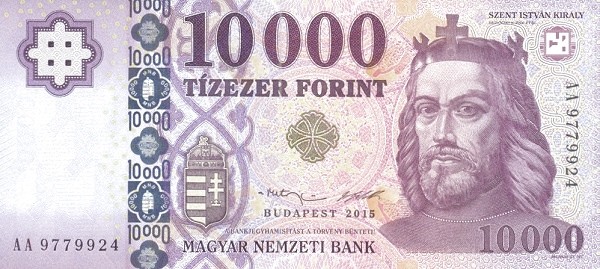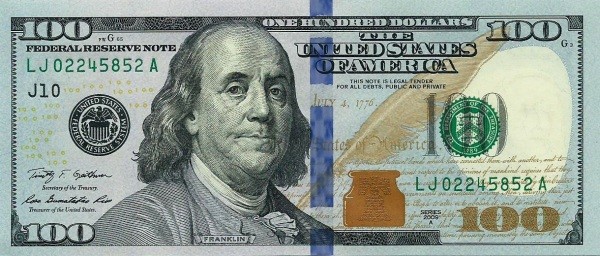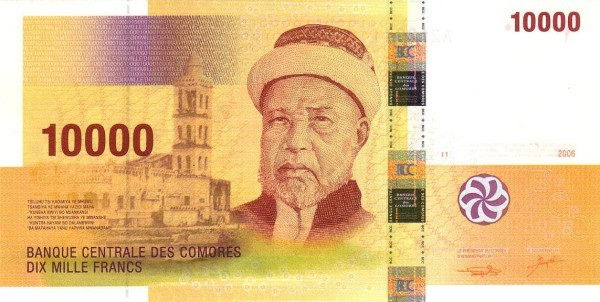China will guard against yuan overshooting risks - PBOC publication
BEIJING, Nov 8 (Reuters) - China will resolutely guard against overshooting risks of the yuan exchange rate, People's Bank of China (PBOC) Governor Pan Gongsheng said, according to a report on Wednesday by Financial News, a newspaper owned by the PBOC.
The comments come as the Chinese yuan has lost more than 5% so far this year to become one of the worst performing Asian currencies, in light of the widening yield differentials with other major economies and an uneven domestic economic recovery.
China will prevent the formation of one-sided and self-reinforced market expectations in the Chinese yuan, Pan said at a financial forum in Beijing.
Despite losses against the greenback, Pan said the yuan's value against a basket of currencies was largely stable, while the yuan appreciated slightly versus other non-dollar currencies.
The yuan's trade-weighted CFETS yuan basket index (.CFSCNYI) stood at 98.49 on Wednesday, down 0.18% year-to-date, according to Reuters calculation based on official data.
Pan also reiterated that China is capable of maintaining the prudent operations of the foreign exchange market and the yuan will be basically stable, reasonable and balanced.
Reporting by Beijing Newsroom; Editing by Christian Schmollinger
Our Standards: The Thomson Reuters Trust Principles.
Bermudian Dollar
Bermudian Dollar2009BMD1002009BMD102009BMD202009BMD22009BMD502009BMD5
Hungarian Forint
Hungarian Forint2015HUF100002018HUF10002017HUF200002016HUF20002017HUF50002018HUF500
US Dollar
The US Dollar is the currency of the United States of America and several other countries and territories. It is also the most widely used currency in international trade and finance, and the main reserve currency of the world. Here is a brief introduction of the US Dollar:The US Dollar was
Comorian Franc
The Comorian Franc is the official currency of the Comoros, a small island nation located in the Indian Ocean. It was introduced in 1981 to replace the French Franc, which had been in use since the country's colonial period. The currency is issued by the Central Bank of the Comoros and is available in both paper and coin form. The exchange rate of the Comorian Franc is determined by market forces and is subject to fluctuations. While the currency has faced some challenges in the past, such








